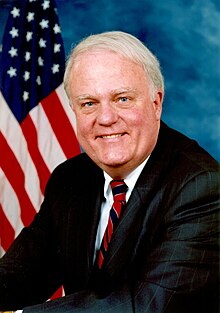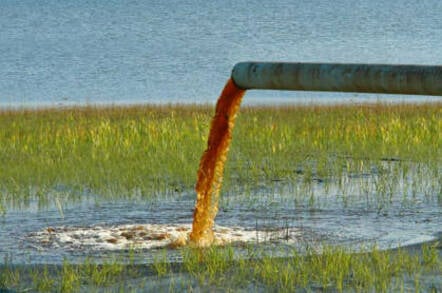Remember when the anti-science and environment tag team of Walker and Stepp tried to kill the DNR's magazine because they hated science, the environment, the Wisconsin Idea and the people's right to know?
So happy their scheme failed, and I can't wait for the issue I know is the mail, given how it's pitched by the DNR on its website this week.
And subscribe if you haven't. It's a bargain.
(Wisconsin Natural Resources magazine is published four times a year and is available via subscription for $8.97. Call 1-800-678-9472, or find stories and subscribe online at wnrmag.com.)
Learn How Plants and Animals Weather Winter in The DNR's Latest Issue of Wisconsin Natural Resources Magazine
In cold weather, most of the water in deciduous trees such as oaks is stored as sap in the root system to avoid freezing. It's just one way plants and animals outwit winter, Wisconsin Natural Resources magazine notes.Photo credit: Contributed by Len Harris
MADISON, Wis. - Winter will not officially begin until Dec. 21, but coping with the season has commenced. How do Wisconsin's plants and animals endure the often harsh conditions? Find out in "Masters of Mother Nature", the cover story in the latest issue of Wisconsin Natural Resources magazine, featuring some of the more interesting adaptations species employ to weather winter.
Other stories in the Winter issue include a look at the Department of Natural Resource's Wisconsin Wetland Conservation Trust, which has several projects underway to restore vital wetlands; details on how DNR is working to ensure clean drinking water around the state in this Year of Clean Drinking Water; and a feature on a longtime wildlife rehabilitation program -- and the dedicated 83-year-old woman who runs it.
 Winter Wisconsin Natural Resources magazine
Winter Wisconsin Natural Resources magazine
"Preventive measures" tells how conservation efforts are aiding at-risk species. Those efforts include the work of the DNR Natural Heritage Conservation Program, which also shares its 2019 Field Notes in this issue. The report highlights success stories around the state, from whooping cranes to wood turtles, and spotlights just a few of the DNR staff and volunteers behind the NHC's important conservation actions.
Secretary-designee Preston Cole offers his input on this issue, including opening remarks and a message on climate change and clean energy. In regular features, "Back in the day" recalls the history of the American Birkebeiner ski race, set for Feb. 22 in northern Wisconsin. Additionally, "Outside in Wisconsin" heads to the beach. That is, Big Foot Beach State Park in Lake Geneva, where ice fishing and sledding are among the winter activities.
Also, in this issue, find the Friends of Wisconsin State Parks 2020 Calendar pullout. Winning photos from the annual FWSP contest are included, highlighting beautiful scenes from state parks, forests, trails and recreation areas.
Wisconsin Natural Resources magazine is published four times a year and is available via subscription for $8.97. Call 1-800-678-9472, or find stories and subscribe online at wnrmag.com.
























